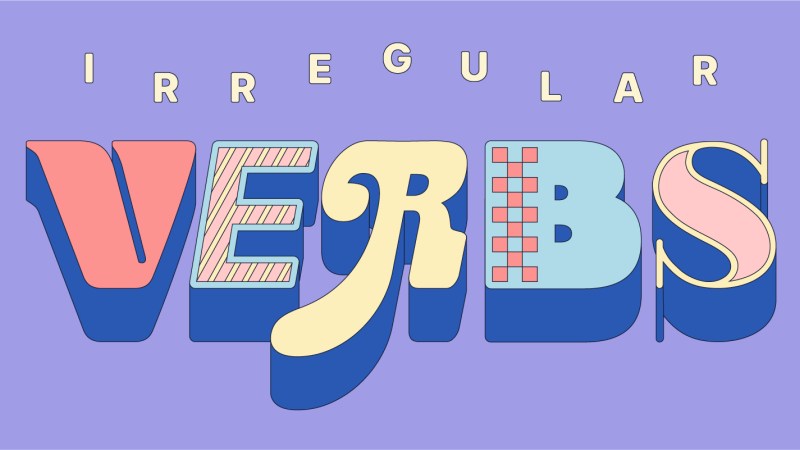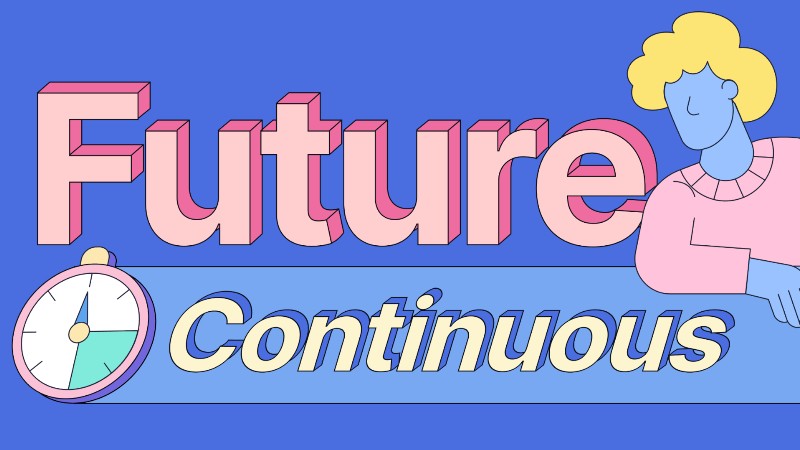
現在進行式 (未來安排)
我們經常用現在進行式表示未來,特別是已經和其他人決定了時間和地點的安排。通常會搭配未來的時間表達,例如 tomorrow, next week, at 7 等。
I’m playing mobile games with my friends tomorrow. 我明天要和朋友一起玩手機遊戲。 (我已經和他們談過了,並安排好了玩手機遊戲。)
I’m watching a concert in the evening.我在晚上看一場音樂會。 (我有一張音樂會門票了。)
We’re working on a new project next month.下個月我們正在開發一個新項目。 (我們已經決定接受該項目,並且可能已經制定了有關該項目的計劃等)
表達未來安排的現在進行式用法時常會搭配與旅行和與他人見面相關的動詞。
I’m leaving in the afternoon. I’m taking the train at 18:30. 我下午離開。 我18:30乘火車。
I’m playing tennis with Jack tomorrow. Would you like to come? 明天我要和Jack打網球。 你想不想來?
I’m seeing the doctor after lunch. 我午飯後去看醫生。
現在進行式 vs be going to
我們通常會用現在進行式或 be going to 來表達未來的計劃。
I’m visiting my parents in the afternoon. 下午我要去拜訪我的父母。
I’m going to visit my parents in the afternoon. 下午我要去拜訪我的父母。
但是我們已經做好安排時會較喜歡用現在進行式(例如,已經與其他人決定好時間和地點)。當我們在強調我們做某件事的意圖時會用 be going to。
I’m going to study for the exam. 我要為明天的考試去複習了。 (這是我的意圖)
I’m leaving at 21:00 tonight. 我今晚 要21:00離開。 (這是一種安排。)
‘Your bike is dirty.’ I’m going to wash it tomorrow.’ “你的自行車髒了。”我明天去洗。(這是我的意圖,但我沒有安排這樣做。)
用 will 表示選擇
使用 will 表示在說話的同時就已經做出決定(當即選擇,非預先安排好)
‘We don’t have milk.’ ‘Don’t worry, I’ll buy some.’ “我們沒有牛奶。” “別擔心,我去買一些。”
用be going to 或 will 表示預測
用 be going to 或 will (非現在進行式)來對未來做出預測。(見語法 will vs be going to)
I guess she’ll pass the exam. 我猜測她會通過考試。
The doctor said I’m going to have a boy. 醫生說我要生男孩。
現在進行式 (未來安排) – 練習題
以下選擇題如出現多項答案可行,請選擇現在進行式。



Comments